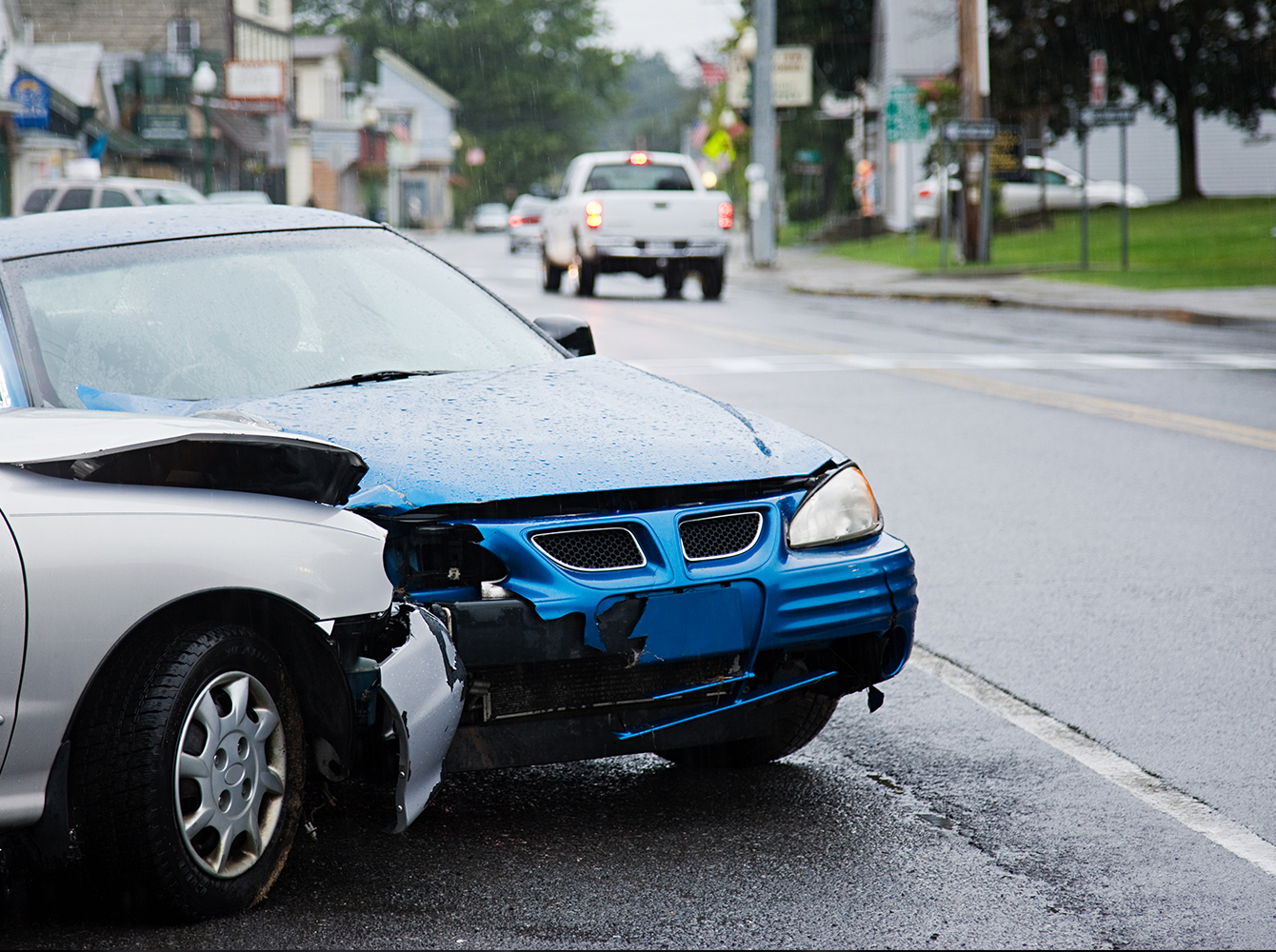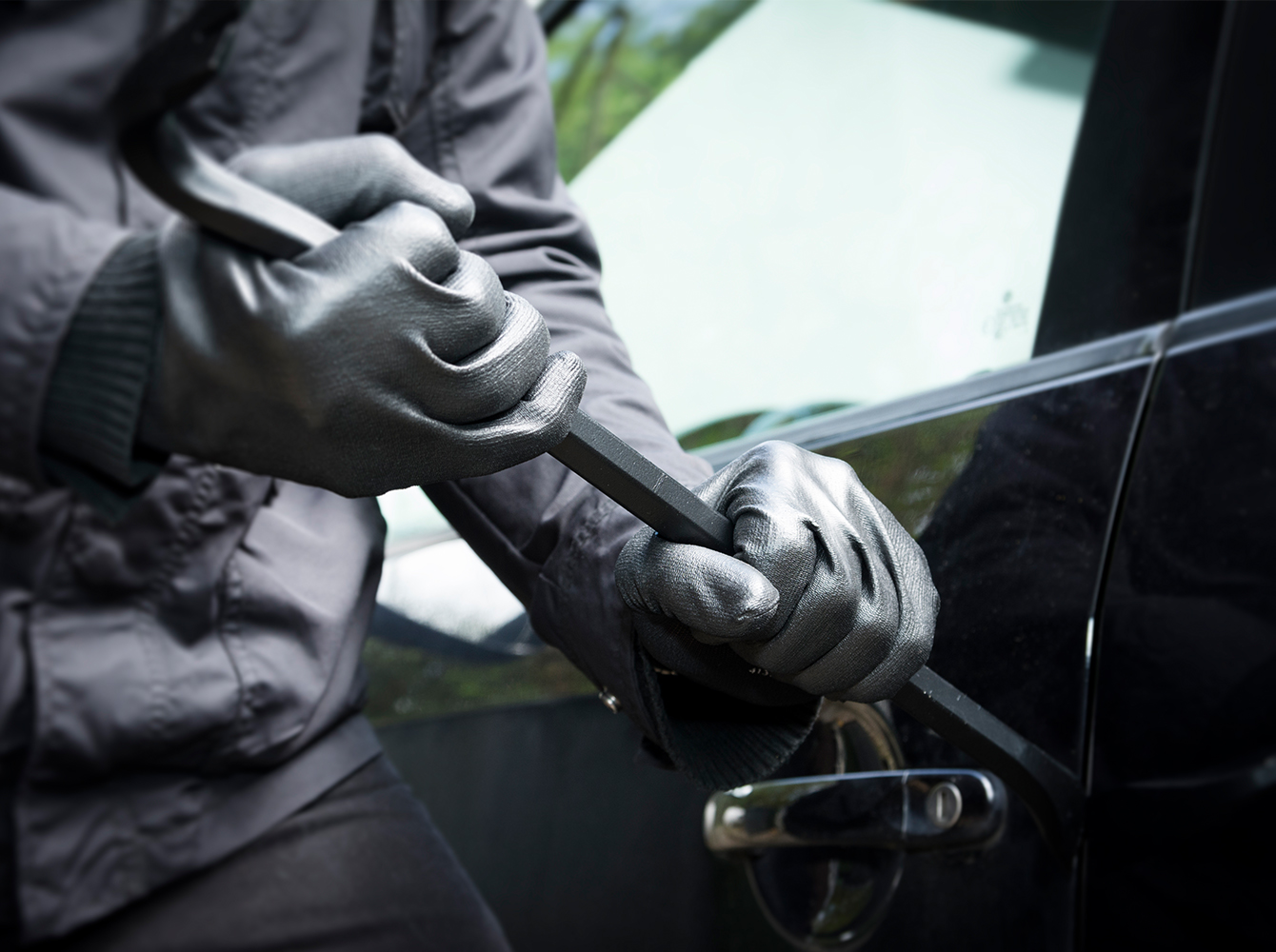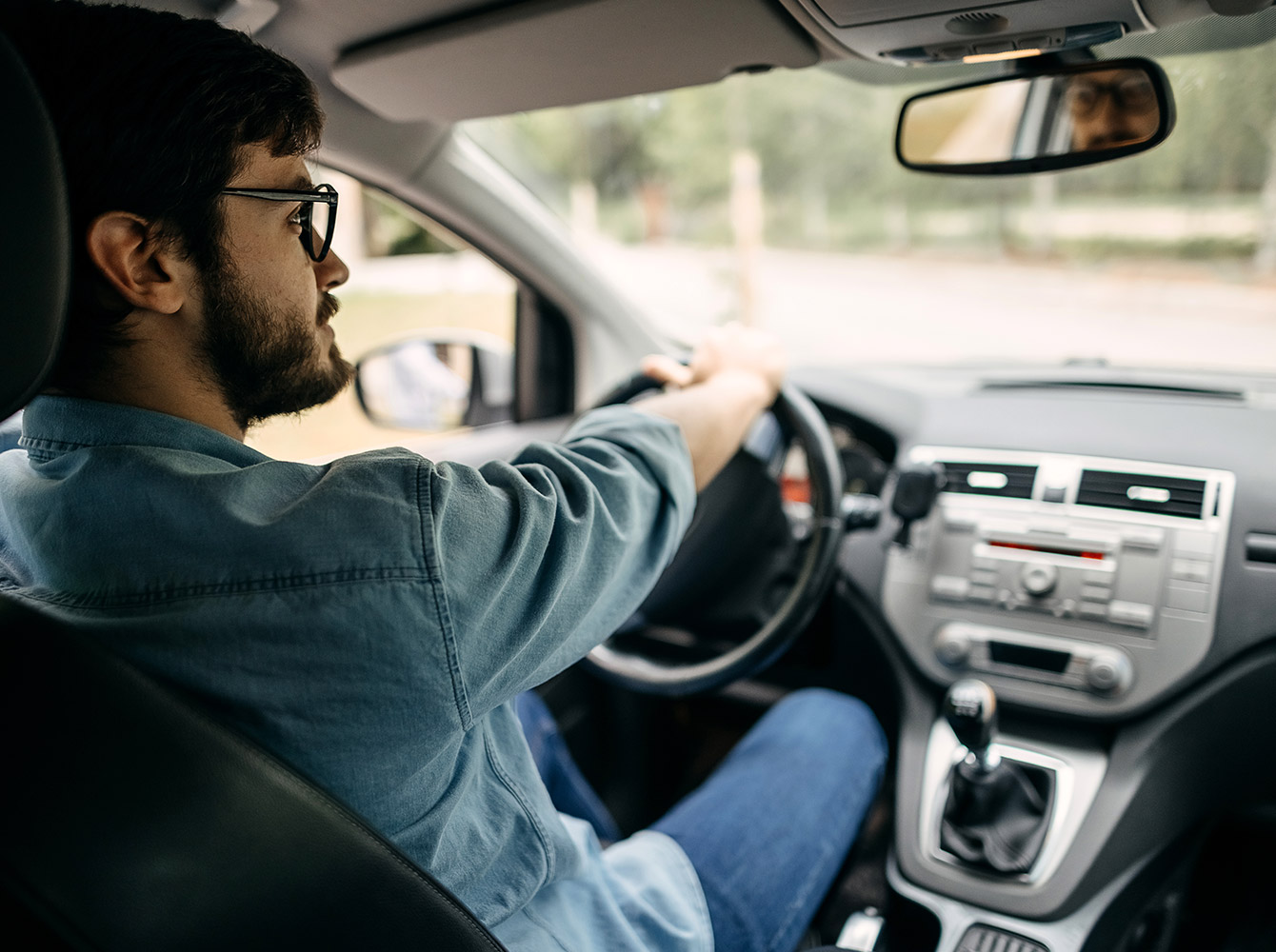What happens if you let someone else drive your car and they crash?
- Coverage clarity
- Crisis management
- Auto insurance

You’ve handed over your keys before. Maybe your friend’s car was in the shop. Maybe your sibling just needed to run a quick errand. Then you get the call that they were in an accident while driving your car.
Now you’re left wondering: Does my insurance cover other drivers? Am I financially responsible if someone else drove my car and got in an accident? This guide walks you through everything you need to know including everything from how permissive use car insurance works to how to protect yourself before lending out your vehicle again, and links you to the ultimate auto insurance guide if you want a full breakdown of your coverage options
Does car insurance follow the car or the driver?
Let’s start with one of the most common questions: Does insurance follow the car or the driver?
In most cases, it follows the car. That means if someone else crashes your vehicle (even if you weren’t in it), your auto policy may still apply. However, there are a few important details that depend on your insurance company and the type of policy you hold.
What is permissive use in car insurance?
Permissive use means you gave someone permission to drive your car. Most standard insurance policies cover occasional, licensed drivers under this clause.
If the person has a valid license, isn’t excluded from your policy and doesn’t live with you, your coverage may extend to them. However, not all insurance companies treat permissive use equally. Some reduce your liability limits or exclude certain coverage types for non-listed drivers.
That’s why it’s essential to understand the fine print of your policy or speak with your insurance provider before handing over the keys.
Enjoy the ride with the right auto insurance
Who pays when someone else drove my car and got in an accident?
The answer depends on the specific situation. Here are five common scenarios:
A. You gave permission to a licensed driver
If you allow a friend, coworker or relative to use your car and they have a valid license, your insurance is typically considered the primary coverage.
Your auto policy will generally pay for damages up to your coverage limits. If the driver's own insurance policy exists, it may serve as secondary coverage, helping to cover excess costs. That said, even though you weren’t behind the wheel, your premiums may still increase due to the filed claim.
The most common example of permissive use is when your policy extends coverage to another driver who is not listed.
B. The driver is excluded from your policy
Some insurance policies allow you to name specific individuals as excluded drivers, which means they are not covered under your plan at all.
If an excluded person drives your car and causes an accident, your insurance company will likely deny the claim entirely. If that person doesn’t carry their own coverage, you could be held personally responsible for damages, injuries, or legal claims resulting from the crash.
This is a high-risk situation and underscores why exclusions should be reviewed carefully.
C. The driver took your car without permission
If someone takes your vehicle without asking, such as if a roommate or relative uses it while you’re out, that situation is typically considered non-permissive use.
In these cases, your insurance company may refuse to cover the damage. You’ll likely need to file a police report to confirm that the use was unauthorized. If the person who took your car has their own insurance, that policy might apply.
If they are uninsured, you could be on the hook for the full cost of repairs and any liability related to injuries or property damage.
D. The driver is uninsured
Letting someone borrow your car without confirming whether they have insurance is a serious risk. If they get into a crash and aren’t insured:
Your auto policy will likely apply, but only up to your stated coverage limits. If the damages or medical expenses exceed those limits, you could be personally liable for the difference.
This is one of the most important reasons to ask about a driver’s insurance status before handing over your keys.
E. Your state’s laws could change the outcome
Auto insurance is regulated at the state level, so rules about liability and coverage can vary significantly. Some states follow no-fault laws, meaning each driver’s insurance pays for their own injuries, no matter who caused the accident. Others use at-fault systems, where the driver responsible for the crash (and their insurer) bears the financial burden.
Knowing how your state handles these situations can help clarify what happens and who pays when someone else drove your car and got in an accident.
Additional considerations
It’s not always just about giving someone permission to drive your car. Factors like who the driver is, how often they use your vehicle and where you live can all influence how your insurance responds. Understanding these details can help you avoid unexpected coverage gaps if an accident occurs.
Household members must be listed
If someone lives with you and drives your car, your insurance company likely expects them to be listed on your policy. If they aren’t, and they get into an accident, your claim might be denied.
This applies even if they only drive the car occasionally.
Regular vs. occasional drivers
Most permissive use of car insurance clauses applies only to occasional drivers. If someone uses your car regularly, they should be formally listed in your policy.
Not adding someone who uses your car regularly could result in reduced or denied coverage.
Steps to take if someone has an accident in your car
If someone was driving your car and got into a crash, it’s important to stay calm and take the right steps. Even though you weren’t behind the wheel, the way you respond can impact how smoothly the claims process goes. Here’s what to do to protect yourself and make sure everything is properly documented:
- Ensure everyone’s safety — Call 911 if needed.
- Gather information — Get driver’s licenses, insurance policies and witness contact info.
- Take photos — Document the accident scene and vehicle damage.
- Notify your insurance provider — Report the accident right away.
- File a police report — Especially if the driver didn’t have permission to use the vehicle.
How to protect yourself before lending your car
You can’t prevent every accident, but you can reduce your risk by being proactive. Staying alert, keeping your vehicle in good condition and knowing what to do if something goes wrong can make all the difference. A little preparation now can save you a lot of stress later.
- Lend your car responsibly — Only to people with valid licenses and insurance.
- Review your policy — Check the permissive use car insurance section.
- Add regular drivers — Avoid claim issues by listing them on your policy.
- Update liability limits — Ensure they’re high enough to cover serious accidents.
Spending a few minutes reviewing your policy could save you from major financial stress down the road.
Not every situation is cut and dry. If you’ve asked yourself, “what happens if someone else crashes your car?”, or if you want to understand the limits of permissive use car insurance, the VIU by HUB Advisory Team are here to help.
Our advisors can walk you through your current coverage, explain how your policy works when someone else is behind the wheel, and help you explore smarter options.
We’re here to make sure you’re protected no matter who’s driving.
A panoramic outlook on
all things insurance
The VIU Point is here to help you make sense of it all, so you can confidently compare auto insurance quotes and make the best policy decisions.


